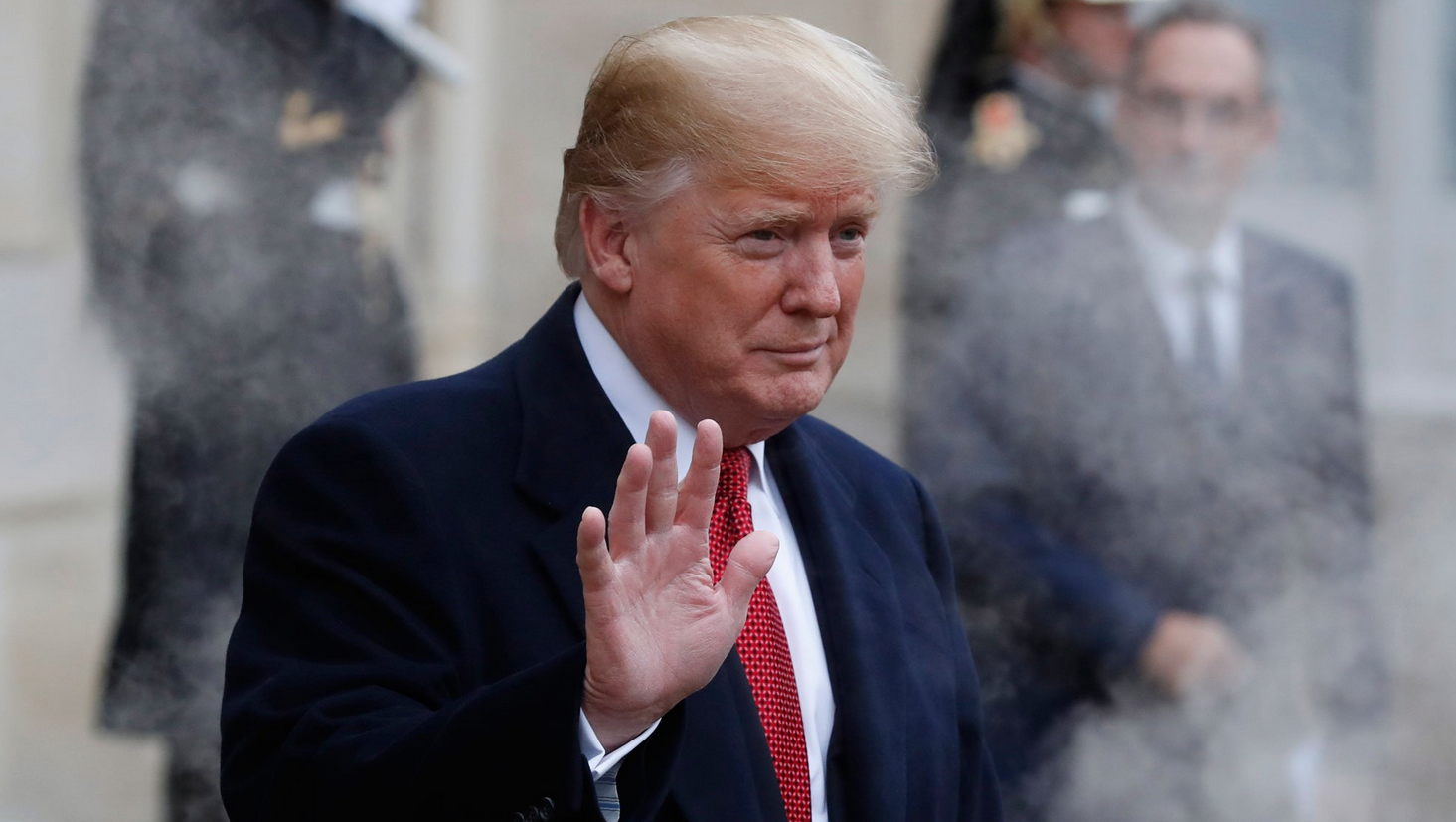With the 2020 election called for President-elect Joe Biden, current President Donald Trump is a lame duck—a politician with little time left, and even less he can do about it. However, that hasn’t stopped Trump from using nearly every lever at his disposal to hinder a peaceful transfer of power.
Trump and his campaign have filed numerous lawsuits to block certification of election results in states such as Nevada, Arizona, Michigan and Pennsylvania. According to election law expert and founder of Democracy Docket Marc Elias, “Trump and his allies are now 2-35 in post-election litigation.”
The lawsuits have not gone well for the Trump campaign. In one instance, Rudy Giuliani, Trump’s head legal council, had to be told by the judge what “opaque” means. Attorney General of Pennsylvania, Josh Shapiro, said “it was sad to watch” about Giuliani’s arguments in court. Giuliani also cited a film of fiction, My Cousin Vinny, to explain his legal defense in a court of law.
On Nov. 21, U.S. District Judge Matthew Brann, a lifelong Republican, stated in a 37-page opinion “Plaintiffs’ [the Trump campaign and related individuals] only remaining claim alleges a violation of equal protection. This claim, like Frankenstein’s Monster, has been haphazardly stitched together from two distinct theories in an attempt to avoid controlling precedent.” That case was dismissed.
The powers of the executive branch, however, are vast, and those mechanisms are being brought down on Biden, his team and anyone else who acknowledges his win.
Trump announced via Twitter on Monday, Nov. 9 he had terminated Secretary of Defense Mark Esper, and that Christopher Miller, who was director of the National Counterterrorism Center, would become acting secretary effective immediately. This was two days after Biden was projected to become the next president.
Trump and several of his compatriots have also become progressively more frustrated with CIA Director Gina Haspel in recent weeks, instigating rumors that she may also be removed. Moreover, Trump and allies, such as federally-indicted Steve Bannon, have also precipitously criticized FBI Director Christopher Wray over his refusal to deliver evidence that they allege would be damaging to political enemies, such as Biden.
U.S. foreign policy also saw several consequential changes. Acting Defense Secretary Miller announced Tuesday the U.S. will withdraw 2,500 more troops from both Afghanistan and Iraq by January 15, 2021, five days before Biden takes office.
“The price for leaving too soon or in an uncoordinated way could be very high,” NATO Secretary-General Jens Stoltenberg stated in response. “Afghanistan risks becoming once again a platform for international terrorists to plan and organize attacks on our homelands. And ISIS could rebuild in Afghanistan the terror caliphate it lost in Syria and Iraq.”
According to The New York Times, Trump asked senior advisors on Nov. 12 if he could launch a missile strike against Iran’s nuclear facilities, just days after inspectors with the International Atomic Energy Agency reported a “significant increase in the country’s stockpile of nuclear material.” Biden has publicly noted he intends to return to the Iranian nuclear deal created under the Obama administration, a deal Trump abandoned in 2018.
In another obstructive move to the incoming Biden administration’s foreign policies, Secretary of State Mike Pompeo called for classifying Yemen’s Iran-funded Houthi insurgents as terrorists, despite the United Nations requesting more diplomatic avenues to be explored. Doing so would impede the Biden administration’s desire to seek less hostile avenues.
Domestically, there is an equal amount of administrative obstruction. The General Services Administration refused to acknowledge Biden’s victory, and is withholding funds and intelligence necessary for a smooth transference of power.
Presidential daily briefings (PDBs) have also been denied to the incoming administration. PDBs are typically provided to the incoming administrations and summarize high-level, all-source information and analysis on national security issues produced for the president and key cabinet members and advisers. Obama’s administration provided them to Trump, as was the precedent since former President Harry Truman left office in 1953.
Perhaps most importantly, Biden has claimed that Trump’s White House will not provide him and his team with COVID-19 stockpile information.
“We’ve been unable to get access to the kinds of things we need to know about the depths of the stockpiles…we know there’s not much at all,” Biden stated.
Information on the virus’ spread itself has been stonewalled by the Trump administration, a move that could complicate the incoming administration’s ability to fight COVID-19.
“It’s almost like passing a baton in a race…you don’t want to stop and then give it to somebody,” Dr. Anthony Fauci stated. “You want to just essentially keep going—and that is what transition is.”
According to the Department of Homeland Security, “there is no evidence that any voting system deleted or lost votes…or was in any way compromised.” However, the president has completely contradicted this assertion, stating via tweet, “I WON THE ELECTION!” This, and other contested statements, have animated his base to the point of protest and, in some instances, violence.
Biden is slated to take office on Inauguration day, Jan. 20, 2021. What that transition will look like we’ll have to wait and see.
